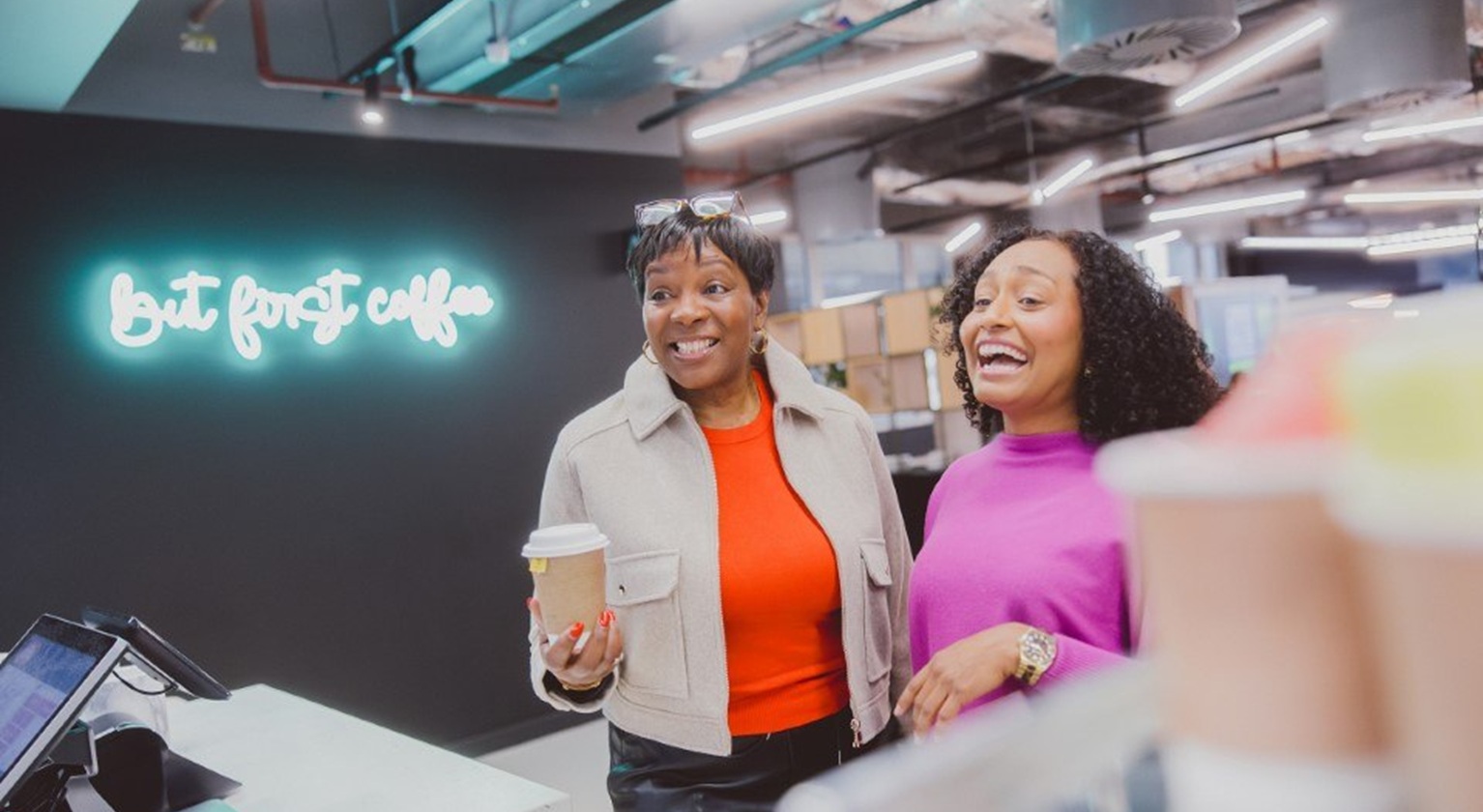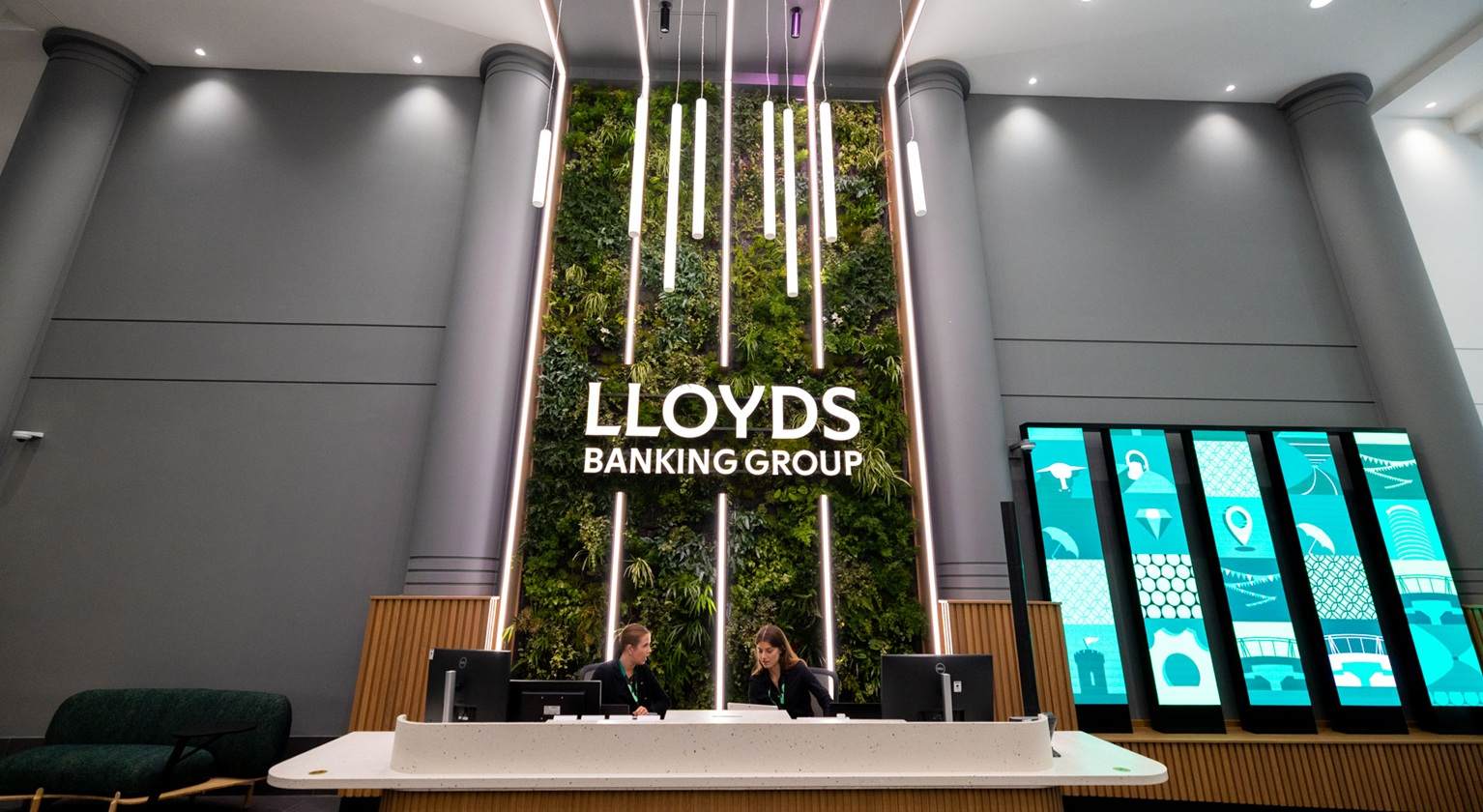We are transforming our organisation, empowering customers, shaping the future of finance. Delivering on the strategy set out in 2022, growing market share, and looking to raise our ambition again, going forward. In support of all those we serve.
People and businesses have faced considerable challenge and uncertainty in recent years – yet remained resilient. Ambitious. Outward-looking.
These have long been the strengths of the UK, which Lloyds Banking Group has long-enabled.
Building on our unique heritage, trusted relationships, and deep expertise of our colleagues, we are enabling exceptional breadth and depth of customer touchpoints. We are now the biggest digital bank in the UK, ranked one of the best in the world. With 23 million digitally-active customers, and seven billion log-ons. Up 50%, in just three years.
No other UK financial services provider offers greater choice, convenience and reach to empower customers.
- Today, 85% of our personal current accounts are opened through the mobile app – a huge difference from 20%, just two years ago.
- 12 million people are using Your Credit Score. A free, digital app, and one of the single biggest contributions to financial resilience in the UK.
- Lloyds Premier is brilliant for those who want to do more with their money. With enhanced savings and mortgage rates, coaching and offers.
- Ready Made Investments and Ready Made Pensions are brilliantly inclusive and easily accessible, with 40% of these new pension accounts opened by those who are self-employed.
- Full acquisition of Schroders Personal Wealth has ignited an exciting future for Lloyds Wealth. We’re building the UK’s most distinctive wealth and advice platform, for today and tomorrow.
- We’re also rolling-out the UK’s first AI-powered financial assistant to millions of customers – giving them greater control and personalised guidance.
We bank half the UK’s adults, and 1 million businesses. We are fuelling their confidence and growth ambitions with immense investments into the real economy.
- Supporting over 1 million first time buyers since 2011 – lending £17 billion, last year alone. Making available an additional £5 billion through our First Time Buyer Boost.
- Winning a landmark contract for UK Government banking services – handling 400 million transactions a year.
- Delivering two thirds of our £500 million commitment – backed by the National Wealth Fund – for housing associations to retrofit thousands of homes. Making them warmer, better-quality, more energy-efficient.
- Contributing £35 billion of new finance for businesses in every region, in 2026, with nearly one third targeted to SMEs. Generating jobs, productivity and growth.
We are delivering critical physical, financial and digital infrastructure. Financing major energy projects, new technologies, healthcare and housing, in partnership across the public and private sectors. And, just this month, completing the UK’s first public blockchain transaction of digital assets, using Tokenised Deposits.
This is the future of finance.
And these are the ways we are empowering customers to navigate whatever comes next. Realise their aspirations. And thrive.
Helping. Britain. Prosper.


















